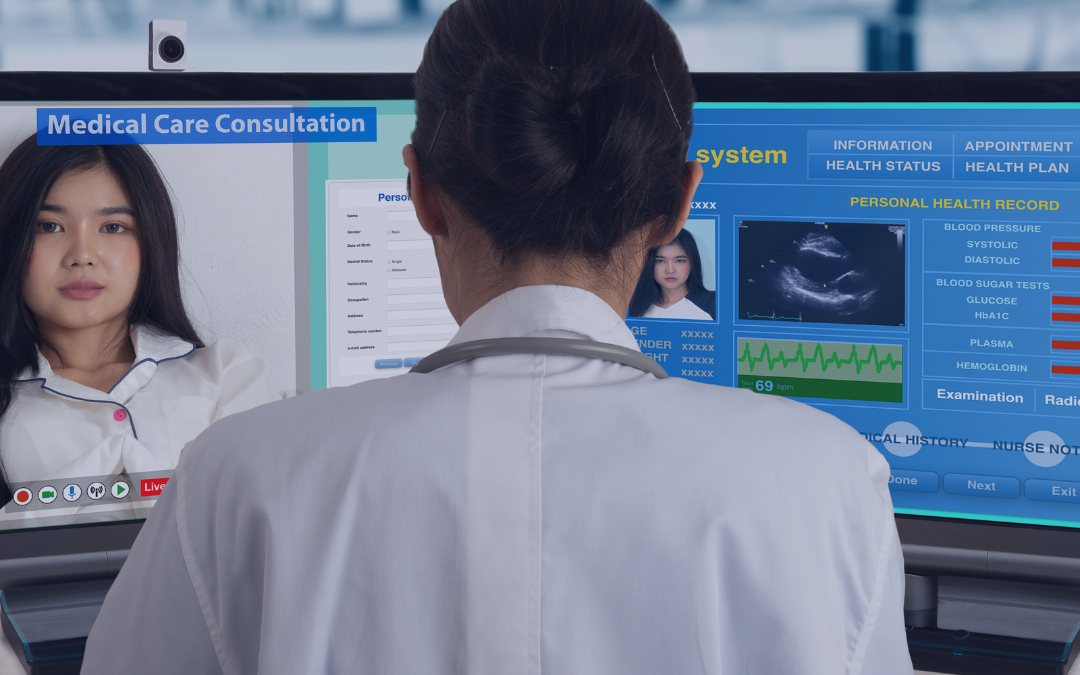In August, a cyberattack disrupted hospital computers in multiple states, causing significant impact on the healthcare industry. The “data security incident” began at facilities operated by Prospect Medical Holdings with 16 hospitals in California, Connecticut, Pennsylvania, and Rhode Island as well as a network of 166 outpatient clinics and centers.
“Upon learning this, we took our systems offline to protect them and launched an investigation with the help of third-party cybersecurity specialists,” the company said. “While the investigation continues, we are focused on addressing the pressing needs of our patients as we work diligently to return to normal operations as quickly as possible,” they added.
Prospect Medical Holdings did not respond to follow-up questions about whether it was a ransomware incident but officials at Delaware County’s Crozer Health in Pennsylvania told the Philadelphia Inquirer that they were dealing with a ransomware attack.
The Swift Response of Prospect Medical Holdings
In the face of the cyber attack, Prospect Medical Holdings acted decisively to mitigate potential damage. They promptly took systems offline to safeguard sensitive information and initiated a thorough investigation with the support of third-party cybersecurity specialists. The immediate focus was on assessing the extent of the incident and resolving it quickly, while prioritizing the immediate needs of patients.
Impact on Patient Care and Healthcare Services
The effects of the cyberattack were felt here in Connecticut, where emergency departments at Manchester Memorial and Rockville General hospitals were temporarily closed. Patients were redirected to nearby medical centers, underscoring the real and immediate impact on patient care. Elective surgeries, outpatient appointments, blood drives, and various services were suspended, disrupting the normal functioning of healthcare facilities. Waterbury Hospital temporarily resorted to the use of paper records until the situation was resolved.
This quick response highlights the importance of having contingency plans in place to ensure the continuity of essential services during such crises..
Lessons Learned and Imperatives for the Future
1. Investment in Proper Cybersecurity Measures:
- Healthcare institutions must make cybersecurity a top priority, investing in robust measures to protect sensitive medical information, including the implementation of advanced threat detection systems to help protect against future attacks.
2. Proactive Employee Training:
- Recognizing the human element in cyber threats, healthcare organizations should invest in comprehensive employee training programs. Staff members need to be educated on identifying phishing attempts, maintaining strong passwords, and adhering to secure computing practices.
3. Regular Cybersecurity Audits:
- Conducting regular cybersecurity audits and assessments is critical to identifying and addressing vulnerabilities on an ongoing basis.
4. Incident Response Planning:
- Healthcare organizations must develop and regularly update incident response plans. These plans should include communication strategies, collaboration protocols with cybersecurity experts, and procedures for maintaining essential services during disruptions.
5. Communication Protocols with Patients:
- Clear and transparent communication with patients during and after a cyber incident is crucial. Establishing communication protocols helps in providing timely updates, guidance, and reassurance to patients affected by service disruptions.
6. Continuous Investment in IT Security Infrastructure:
- Adequate and continuous investment in IT security infrastructure is essential. This includes robust firewalls, intrusion detection systems, encryption protocols, and keeping software and systems up-to-date to patch vulnerabilities promptly.
The attack on Prospect Medical Holdings mirrors several that have taken place in the last year. Common Spirit Health — one of the largest nonprofit health care systems in the U.S. – confirmed in October that it was hit with ransomware, causing widespread outages and hospital closures in dozens of states.
However, this serves as a reminder of the vulnerability of healthcare institutions to cyber threats. We should strengthen our efforts to fortify cybersecurity measures, enhance employee awareness, and improve overall resilience in the face of evolving cyber threats.

